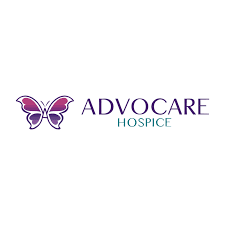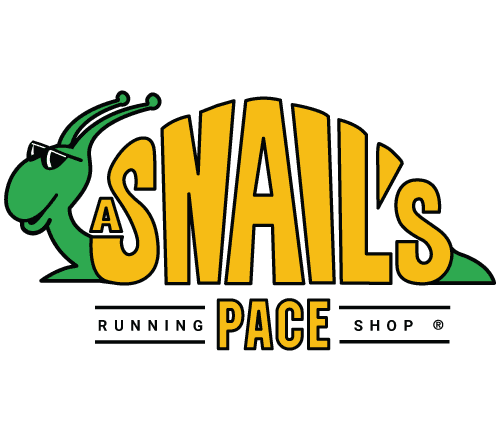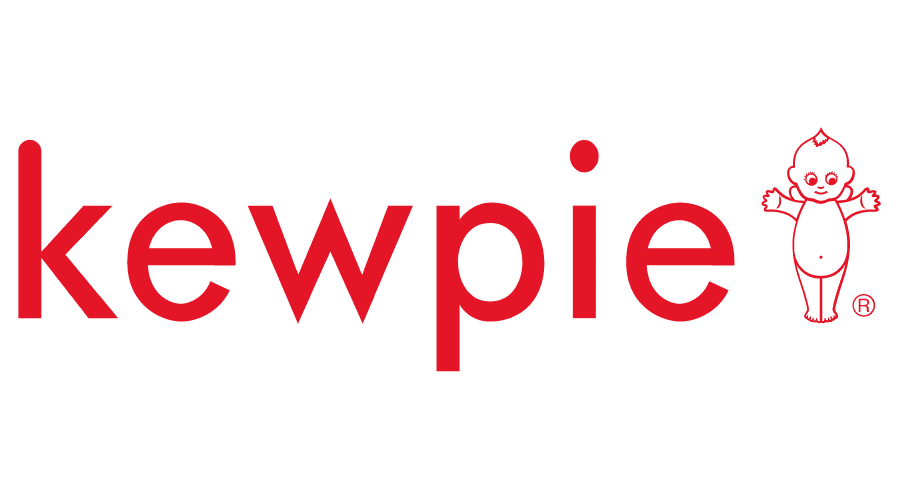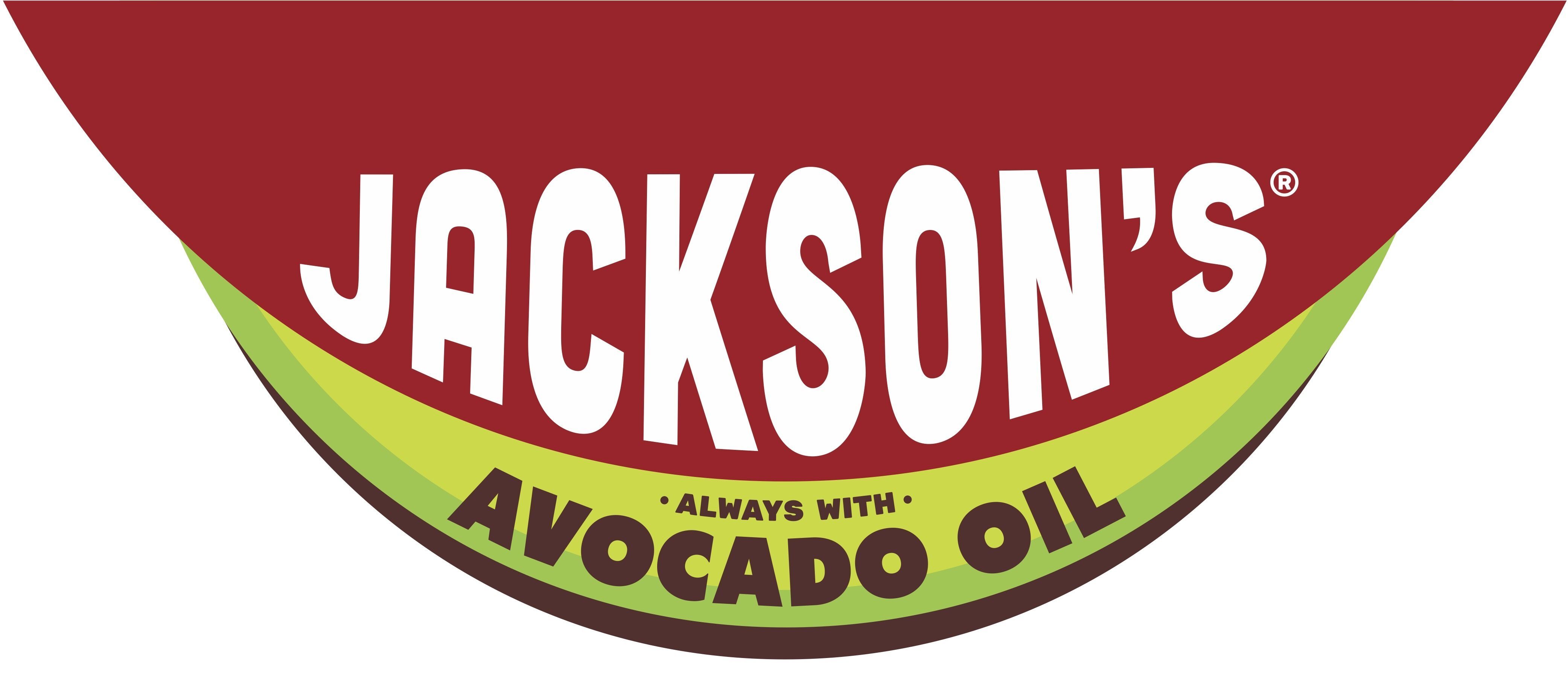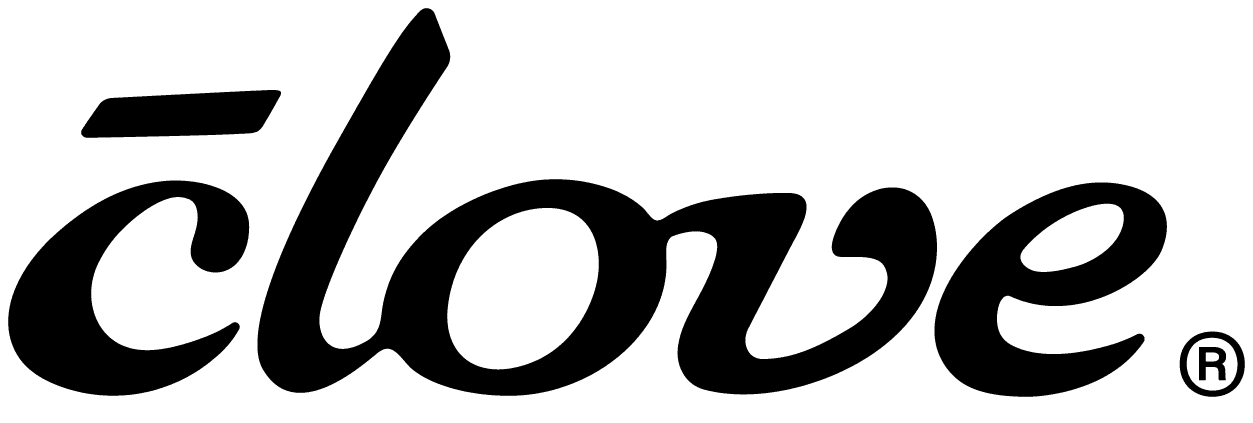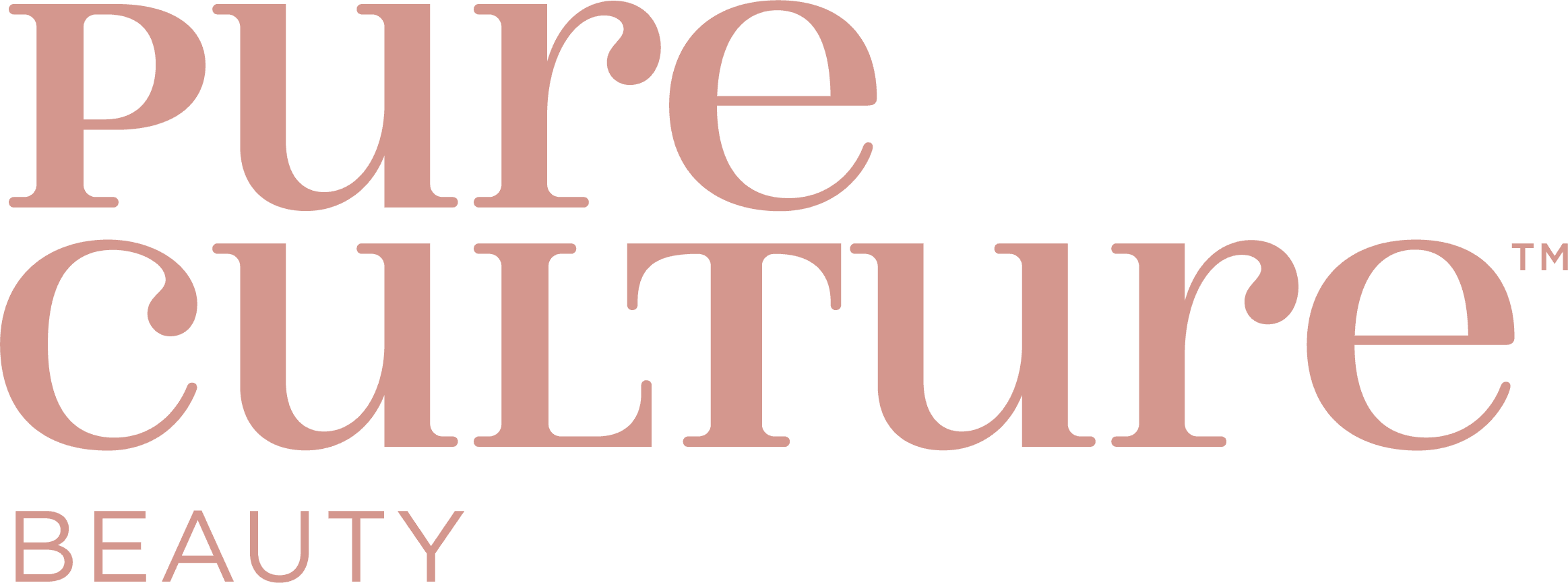Thank You to Our Heroes!
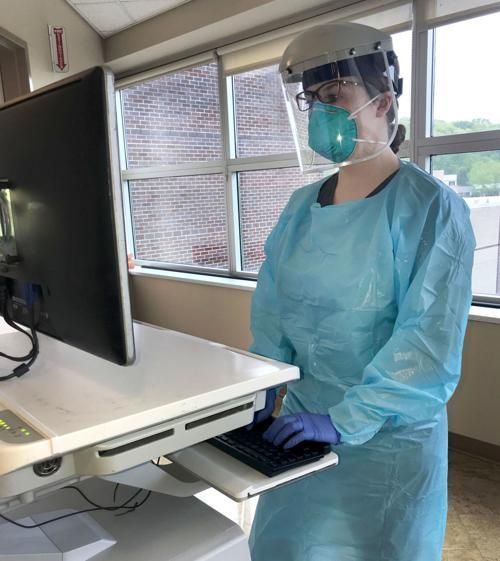
Taylor Holbrook, surgical ICU RN, Bristol Regional Medical Center, Bristol, Tennessee
Today we want to honor Taylor Holbrook, surgical ICU RN, Bristol Regional Medical Center, Bristol, Tennessee. Here is her story as reported by David McGee of the Bristol Herold Courier.
Taylor Holbrook has faced a lot of human trauma and suffering during the more than five years she’s worked as a nurse, but none of it fully prepared her for the unique challenges posed by COVID-19.
Holbrook, 27, works the day shift, from 7 a.m. until 7 p.m., in the surgical intensive care unit at Bristol Regional Medical Center, treating victims of horrific car crashes, work-related accidents, heart attacks, strokes, other life-altering health emergencies and recovering surgery patients.
There is something very different, she said, about the novel coronavirus — a highly contagious disease whose infected victims can go days without symptoms then abruptly need to be placed on a ventilator to survive. And one that threatens the very health care workers treating them.
“When you’re treating somebody who is COVID positive, everything changes,” Holbrook told the Bristol Herald Courier. “With a normal patient, especially in the ICU, we’re in their room for a majority of the day. It’s not uncommon for us to spend hours at a time in a room performing a procedure, putting a line in or intubating them and putting them on life support if we need to.
“With a COVID positive patient, the idea is to spend the least amount of time possible while still providing optimal care, because you want to reduce your risk for exposure,” she said. “You cluster your activities; you cluster your medications so you’re not going in at 7, 8 and 9 [a.m.] back-to-back to give medications. That part is very different for me. It’s almost a disconnect because you have all that PPE between you and your patient.”
PPE, the acronym for personal protective equipment, became part of the public’s lexicon during the national discussion about COVID-19, in part because health care workers require so much of it while treating patients who are coping with the unknowns of this disease while being physically isolated from most human contact.
“They can see you and talk to you, but you almost look like something from outer space because you’ve got on your gown, your gloves, your mask, your face shield. It takes the personal aspect out of it. We’ve had to try to find ways to personalize things and to let them know they’re not alone; that we’re still here,” she said.
Each ICU patient room has a large glass door so nurses can visually monitor patients when not in the room.
“You can see through it; you can see them, and they can see you, but they have to feel isolated. We do all we can to give them the best care, turn them when they need to be turned, give them all their medications, but you’re not hanging out and talking and getting to know them like you normally would,” she said.
Taylor Holbrook, who treats victims of car crashes, work-related accidents, heart attacks, strokes, other life-altering health emergencies and recovering surgery patients, says there is something very different about COVID-19.
Taking care of PPE and themselves
For the doctors, nurses, technicians and others on the front lines, the PPE gear is required to protect them from infection, but it must be properly disposed of, in some cases, or cleaned, in others, before they proceed to any other patient or task.
“Before you come out of a patient’s room we take our gown and gloves off. That leaves your face shield and N-95 [mask] or surgical mask still on. You discard them and use hand sanitizer at the door, come outside and put on new gloves then remove your face shield and bleach it then remove your N-95 and bleach it. Then you start the process all over again to enter your next room,” she explained. “They’re very important steps and, if you do them wrong, you risk contaminating yourself and others.”
Ballad Health currently follows national protocols and recommendations for ultimately disposing of used PPE, according to the health system.
Nurses in the COVID unit work in teams to assist each other in minimizing the likelihood of exposure.
"They can see you and talk to you, but you almost look like something from outer space because you’ve got on your gown, your gloves, your mask, your face shield. It takes the personal aspect out of it. We’ve had to try to find ways to personalize things and to let them know they’re not alone; that we’re still here.”
— Taylor Holbrook, ICU nurse at Bristol Regional Medical Center
“There is always somebody outside the door. That way, if you got in there and realize you needed something else or forgot something, or needed additional medication, they can go get it for you so you don’t have to take everything back off, come back out and start over again,” she said. “We’re taking care of each other, making sure you donned and doffed your PPE the correct way. If you’re in a rush, and you’re trying to get in there because you’re concerned about something with your patient, somebody is reminding you to take a minute. It’s not worth risking you getting sick as well; don’t rush and make yourself a martyr.”
Area case counts remain low
This region has experienced relatively few cases compared to other, more densely populated parts of Tennessee, Virginia and the U.S. Since the pandemic began, there have been about 260 cases in Ballad’s Tennessee service area and about 150 on the Virginia side, so health care workers, resources and bed capacity haven’t been taxed as was initially feared, based on early modeling of potential spread of the virus.
“Thankfully, we have not seen the volume New York and Massachusetts and places like that have seen. We’ve been blessed here so far,” she said. “We have our COVID unit split up into regular med surge patients and, down another hall, we had ICU and intermediate care patients. The most positive patients we had on our wing at one time was three, and there may have been one positive on the other side. Three or four was the most we had at once.”
As of Friday, Ballad was treating five COVID-19 patients at its facilities, a decrease from seven at mid-week and 13 last week. The system has designated about 300 beds across its system specifically for treating COVID positive patients, including entire facilities in Wise County in Virginia and Morristown, Tennessee.
Adding to stress
Despite that lack of volume, treating even a small number of highly contagious patients has added more stress to an already stress-filled environment.
“There is definitely an added amount of stress. You’re still doing everything you can to take care of your patient to make sure they have the best outcome possible but — in the back of your head — is the thought I could get myself infected,” she said. “That didn’t worry me as much because I am younger and should have had a better outcome if I contracted COVID-19. My father is immuno-compromised so my big concern is am I going to take it home and give it to him? Am I going to get somebody else I love sick — not realizing I’d contracted it if I was asymptomatic? That’s the stress and the pressure and that’s the part you can’t not take home.”
Employee temperatures are checked daily before they enter the building, and employees wear face masks throughout the day instead of just around patients.
Many health-care workers change scrubs before leaving the hospital and then shower immediately upon arriving home to minimize potential exposure to others, she said. Some co-workers made arrangements for their children to stay with family members if they were treating COVID positive patients.
“We signed up for this, and we want to provide the best care for our patients. We want to do all we can to keep our co-workers safe. Several of us who were at a lower risk than some of our co-workers volunteered to take care of COVID patients. We did our best to curb the spread of things,” Holbrook said. “We try to reduce the chance of spreading anything to our family members. You can’t turn that thought off in the back of your head.”
Pandemic hits home
One of the patients Holbrook treated in Bristol’s COVID unit was a fellow health care worker who is now recovered and doing well. That, too, was a unique experience.
“We treat everybody the same — family, friends or a stranger — but it definitely makes the feeling a little different of taking care of them,” Holbrook said. “I didn’t know her prior to this, but knowing she was one of us and a co-worker and you could tell how loved she was by the outreach of her family and friends checking on her and how concerned the men and women that worked with her every day. You could tell she is a very special lady. It does put a little more pressure on to make sure you’re doing everything you can, and you’re a little more vested in the outcome.”
Ballad Health currently employs about 5,000 registered nurses and licensed practical nurses at its health care facilities.
Holbrook said the circumstances surrounding the pandemic “definitely” brought her and her co-workers closer.
“We’ve always had a good team mindset of working together and looking out for each other. It’s definitely bolstered that attitude,” she said.
Coming to grips with a pandemic
Holbrook said pandemics were discussed during her college training but not with specificity and nothing to the extent that the world has experienced over the past few months.
“Nobody thinks you’re going to find yourself in a pandemic,” she said. “It’s not something you think, this is going to happen at some point during my nursing career. You know that anything is a possibility, but to actually be here and be in this situation is something that I didn’t foresee going into nursing. It’s been eye-opening.”
She credits hospital management with creating and executing plans to deal with all the changes required by the pandemic.
“It’s not all laid out with a perfect plan, but seeing how administration and everybody has come together and really tried to get this plan up and running as quickly as they could. And to do everything we can to keep ourselves, the community, our co-workers and family and friends safe,” she said.
And it has affected those beyond the COVID wing.
“It’s changed life for the patients because we can’t have visitors all the time like we’re used to,” she said. “People are coming in and going through life-altering surgeries or having a heart attack or a stroke. Normally, you would have family at the bedside to help comfort and right now they can’t. It’s changed life for all of us.”
And it has changed her.
“It doesn’t discriminate. It could be the homeless person that caught it or the CEO of a company or government officials or your mom or dad. It affects mass populations and all different groups. … You may think you’re a relatively healthy person …” she said as her words trailed off.
An early lesson and a career choice
Growing up, Holbrook envisioned becoming a veterinarian, but when her father became ill she saw a different opportunity.
“My dad got sick, and I got to experience firsthand the impact nurses can make on people’s lives — not only how we take care of people and how we’re able to help heal them physically — but the difference you can make on somebody’s life and their experience,” Holbrook said. “That’s when I decided I wanted to take care of people and try to have a positive impact on somebody’s life like several of the nurses did when I was dealing with my dad’s illness.”
Since graduating from King University in 2015 and working with countless seriously ill or injured patients, she said the overall experience has been rewarding.
“To know you did everything you could to take care of that patient — especially with people you see come in and go home. That doesn’t always happen for us in the ICU. A lot of times this can be people’s last stop,” she said. “The most rewarding thing for me is to follow somebody from beginning to the end of their case and get to see the happy endings. You definitely don’t always get that. Whether it’s them being able to be with their family at the end and be kept comfortable and be able to pass on or the happy ending is them making it back home and going through rehab and getting back to their daily lives.”
Health care workers accept they’ll experience suffering and death on the job, but sometimes, she said it’s difficult to leave that at work. Holbrook said she typically uses the ride home to decompress.
“There are some cases you get close to; you take home with you and you’re still thinking about it after you leave work. What if I’d done that? What if we’d done this? Could I have done more? Those patients keep you up at night,” she said. “For the most part you have to compartmentalize, especially if your family is not in health care. You can’t violate HIPAA [federal patient privacy regulations] or things like that when they ask how your day was, but you don’t want to burden them with the stress from work. … It does take its toll, but it’s so rewarding.”
Honoring the heroes
This past week was National Nurses Week, but for weeks throughout this pandemic, people everywhere have been paying tribute to front-line health care workers. On Thursday, for example, the Blue Angels flew over Nashville to honor health care workers. Locally, signs saying “Heroes Work Here” or “Thank You” have been placed near the entrance of Bristol Regional Medical and other health facilities. That and more have been noticed.
“We’re very thankful to everyone who has reached out and sent cards or sent food, donations of things like that. We’re touched by the outpouring of the community. People saying thank you, and ‘Is there anything you guys need?’ ‘And we really appreciate what you’re doing,’” Holbrook said. “It’s nice to leave work and see the signs that kids have made that say thank you, and we’re thinking of you. We just want to say thank you to everybody. Homemade signs have probably been my favorite part; just seeing that people took time to do that and to reach out and say thank you.”
Thank you Taylor for your commitment, dedication, and compassion for your patients and communities.
If you have a story and pictures of a front line nurse you would like us to highlight on our website and social media, please email them to us at info@helphopehonor.org.
OUR DONORS
-
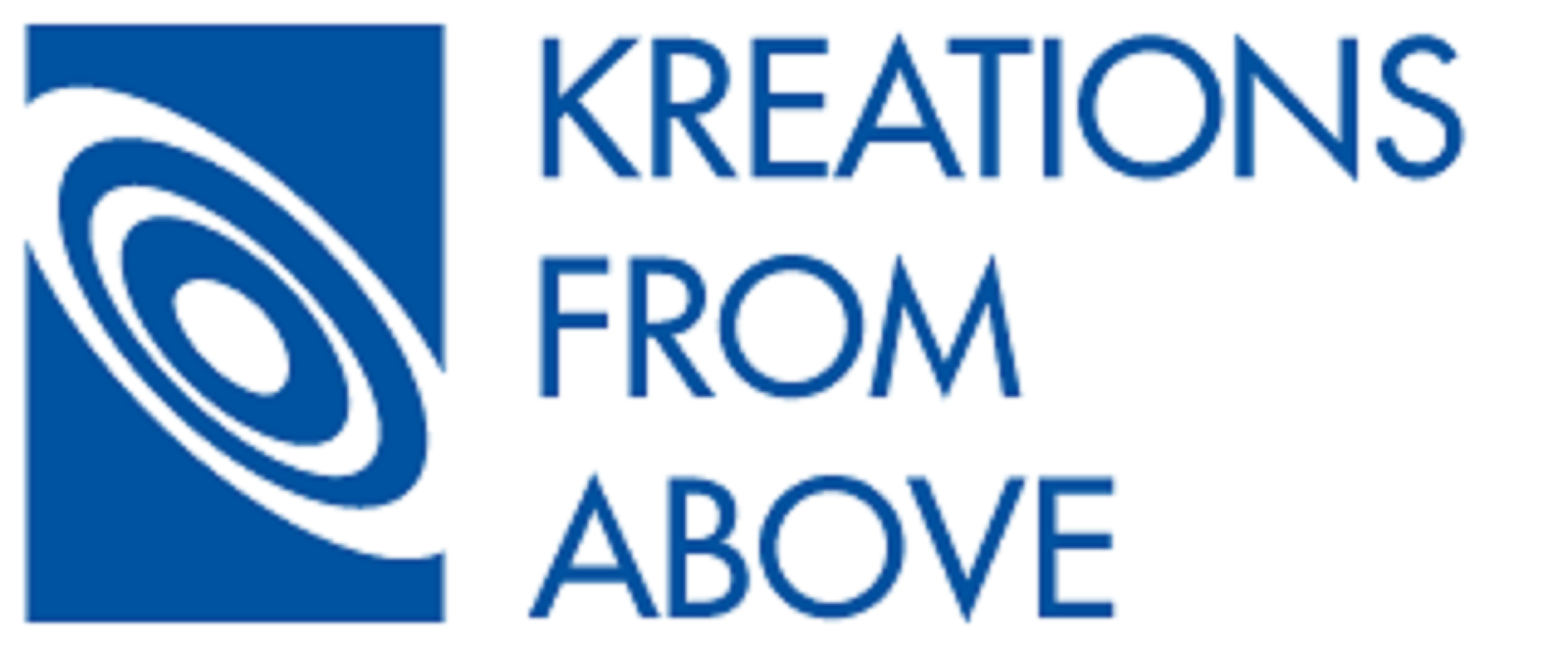 KFA DJ Ken Ito
KFA DJ Ken Ito

